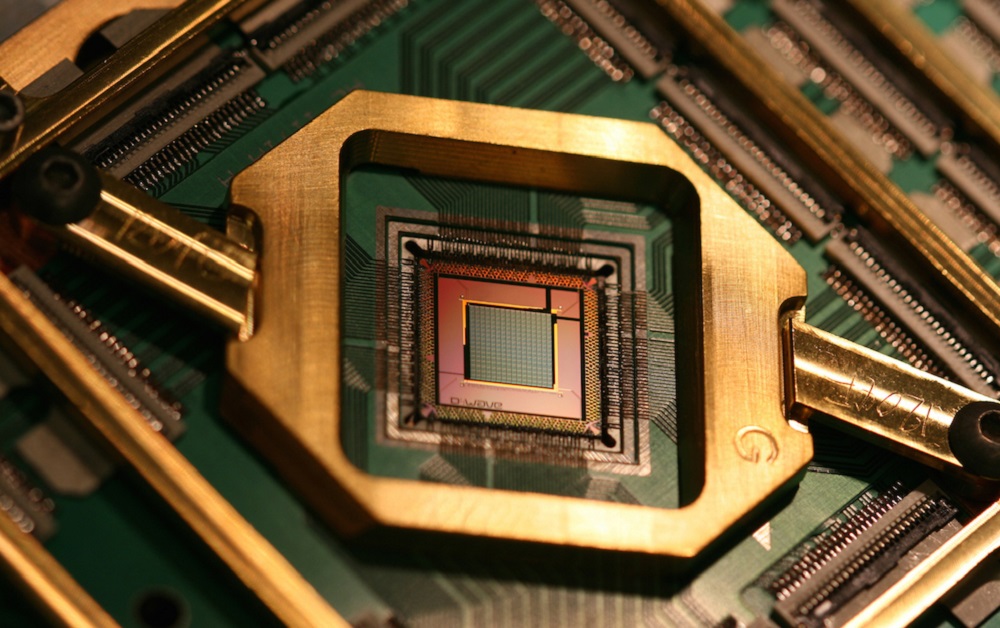D-Wave Announces First Sale of Its 5,000-Qubit Quantum Computer
D-Wave Systems today announced the first sale of its next-generation 5,000-qubit quantum annealing computer to the Los Alamos National Laboratory (LANL). The computer also received an official market name -- “Advantage” -- meant to emphasize that the new system will focus on offering businesses an “advantage” over competitors that don’t have their own quantum (annealing) computer.
A quantum annealing computer is a specialized type of quantum computer that can help solve optimization problems (logistics, traffic issues, etc). D-Wave said that LANL has been a long-time customer, with LANL and its national security-focused partners having developed over 60 applications for the previous-generation D-Wave 2000Q system, and now it’s now also the first to give the new 5,000 qubit system a try.
“This is the third time we will have upgraded our D-Wave system," LANL associate laboratory director for simulation and computation Irene Qualters said in a statement. "Each upgrade has enabled new research into developing quantum algorithms and new tools in support of Los Alamos’ national security mission. Quantum computing is a critical area of research for Los Alamos, and our researchers are excited about getting access to D-Wave’s Advantage quantum system.”
By upgrading, LANL will have access to a new quantum processor that has not just a higher number of qubits but also lower noise and a new highly connected qubit topology. All of these allow for much higher performance when solving quantum algorithms, compared to the previous generation.
Back in May, D-Wave introduced a new 2000Q variant that used the new lower-noise qubit topology via its Leap cloud service. The new version of the 2000Q system demonstrated improved precision and better tunneling. This will purportedly result in better-quality solutions and less time to solve problems of interest for the quantum application developers. The company also recently launched new open source tools that allow the development of “hybrid” algorithms that can take advantage of both the D-Wave annealing computer as well as other connected classical computers.
D-Wave will hold its semi-annual users’ conference will be held this week in Newport, Rhode Island. Quantum pioneers, early enterprise adopters and quantum application developers will be there to discuss the potential of the new system and what new quantum applications could be built with it.
Get Tom's Hardware's best news and in-depth reviews, straight to your inbox.
Lucian Armasu is a Contributing Writer for Tom's Hardware US. He covers software news and the issues surrounding privacy and security.
